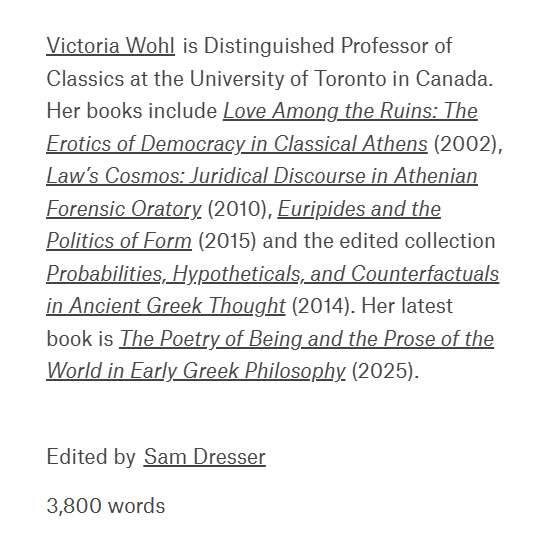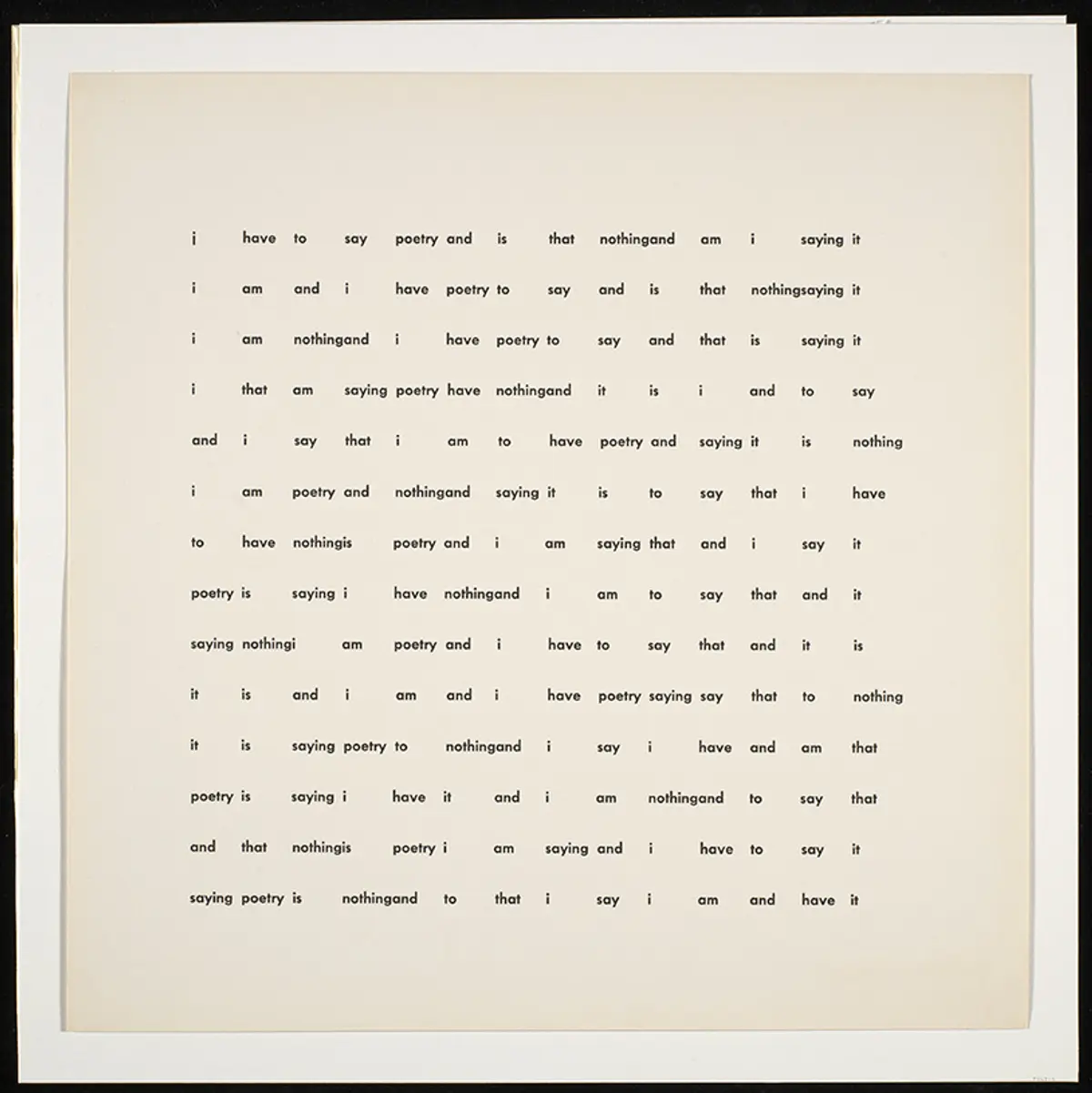Welcome to DU!
The truly grassroots left-of-center political community where regular people, not algorithms, drive the discussions and set the standards.
Join the community:
Create a free account
Support DU (and get rid of ads!):
Become a Star Member
Latest Breaking News
Editorials & Other Articles
General Discussion
The DU Lounge
All Forums
Issue Forums
Culture Forums
Alliance Forums
Region Forums
Support Forums
Help & Search
From nothing, everything

The idea of nothing pushes at the limits of thought, spawning paradoxes that have long nourished art, philosophy, and science
https://aeon.co/essays/how-nothing-has-inspired-art-and-science-for-millennia

White Painting (1951) by Robert Rauschenberg. Courtesy the Robert Rauschenberg Foundation

In 1952, John Cage shocked audiences by staging four minutes and 33 seconds of silence. His composition 4’33” was an attempt to make nothing audible. It was inspired in part by Robert Rauschenberg’s White Paintings (1951), entirely white canvasses that work as blank screens to register shifting shadows and reflections, and project them as art. ‘A canvas is never empty,’ says Cage, quoting Rauschenberg, and 4’33” bears that out, as random ambient sound – coughing, shifting, programmes rustling – becomes a kind of music. These works illustrate the impossibility of saying nothing: to represent nothing is to negate it by turning it into something – an image, a piece of music, a reflection of and on movement, time and change.
Like the negative space against which words become visible (voids emphasised in Cage’s original typography), nothing generates speech and the speaker, poetry and the ‘I’ who needs it. The Scottish poet Edwin Morgan develops this idea in his hypnotic sonnet ‘Opening the Cage’ (1966) which offers 14 variations on Cage’s 14-word sentence. For Morgan, as for Cage, saying nothing is a paradoxical gesture of creative and even existential affirmation:

opening the cage: 14 variations on 14 words - i have nothing to say and i am saying it and that is poetry (john cage) (1966) by Edwin Morgan (1920-2010), part of Concrete Poetry Britain Canada United States. Used with the permission of the Edwin Morgan Trust. Photo by Tate Gallery, London
Is there a way to speak or even to think of nothing without making it something, betraying its character as nonexistent? The idea of nothing pushes at the limits of thought and language, demanding new modes of analysis and expression. Moreover, if nothing is something, that would seem to complicate the definition of ‘something’ as an entity that really exists in the world. And if it is not something, then what ‘is’ it? A paradoxical question if there ever was one. More than just a linguistic puzzle, the idea that ‘nothing exists’ challenges our understanding of existence itself and spurs more nuanced theories of reality. To speak of nothing raises questions about everything. One can see why philosophers and artists alike have been drawn to it.
The history of nothing in Western philosophy is long and varied. Philosophers have distinguished between different kinds of nothing (what is not absolutely, not a specific something, not real, etc): its vagueness is part of the fecundity of the concept. They have treated it as a problem of theology (the heretical idea that everything may come not from God, but from nothing); of ethics (for Jean-Paul Sartre, nothingness is the precondition of human freedom); and of logic, as when Bertrand Russell scandalously conceded the logical existence of negative facts.
snip
2 replies
 = new reply since forum marked as read
Highlight:
NoneDon't highlight anything
5 newestHighlight 5 most recent replies
= new reply since forum marked as read
Highlight:
NoneDon't highlight anything
5 newestHighlight 5 most recent replies
From nothing, everything (Original Post)
Celerity
Oct 4
OP
multigraincracker
(36,613 posts)1. Eastern philosophy made it simple, see Lao Tzu.
Intractable
(1,358 posts)2. Hence the phrase, "Nature abhors a vacuum."

